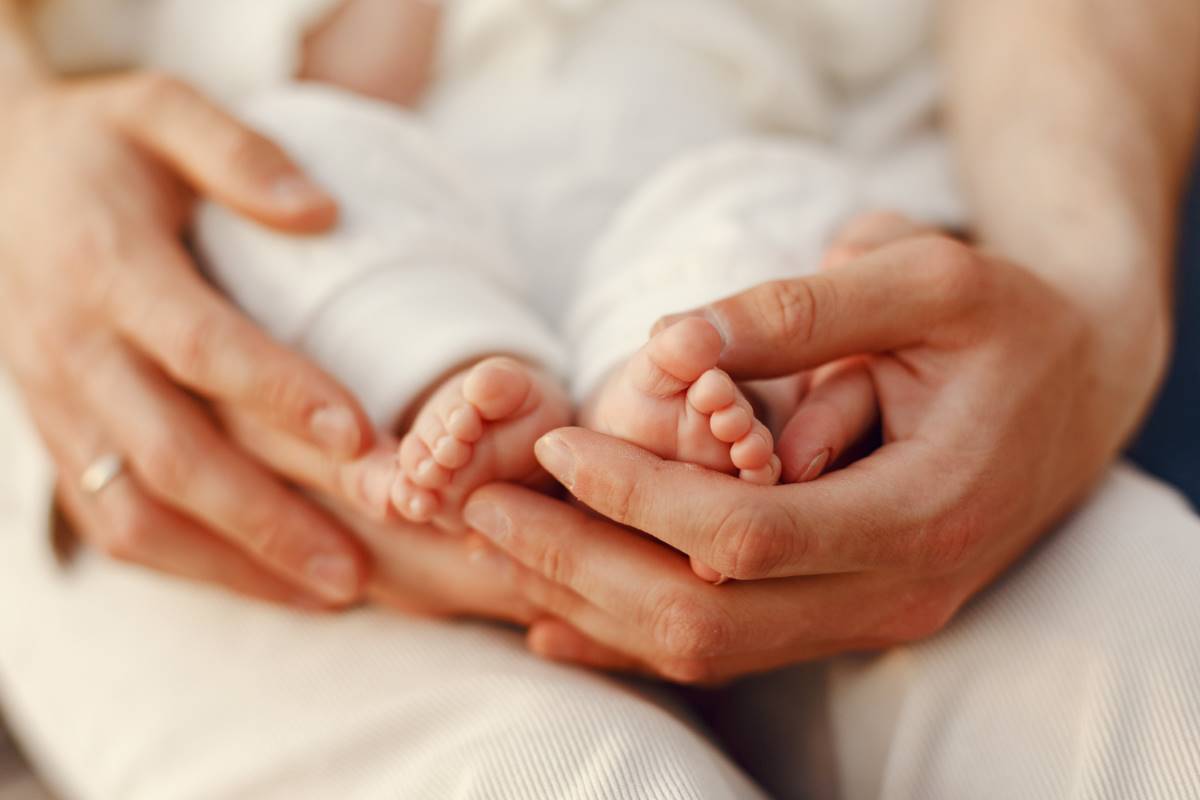Is it better to be born on a Friday? In Switzerland, births are given on weekdays
Post on: 13.05.2025

In Switzerland, coming into the world has become more and more a matter of... from weekday. According to recent data published by the Federal Statistical Office (FSO), in 2023 there were 30% more births on working days than on weekends. But what lies behind this trend? And what are the differences between regions, delivery methods and medical choices? SwissMAG guides you on this interesting journey through numbers, hospital habits and clinical choices.
The peak of births? It is Friday
In 2023, every weekday in Switzerland saw the birth of an average of 237 newborns, compared to 181 at the weekend. The Friday turned out to be the most "fertile" day, with 16% of total births, while the Sunday marked the lowest with just 11%. The explanation lies largely in the medical scheduling of caesarean sections and labor inductions, interventions that occur almost exclusively on working days.
The primary caesarean sections, in fact, They were scheduled in 94% of cases on weekdays, while labor inductions followed a similar trend. Out of a total of 79,200 deliveries recorded in 2023, as many as 14,626 were primary caesarean sections and 21,342 saw the induction of labor.
Hospitals vs. Birthing homes: two different worlds
Swiss hospitals show a clear preference for managing births during the week, while in the birthing homes the rhythm is more natural and balanced: the 1600 births recorded in these facilities in 2023 were distributed regularly over the seven days, with daily differences of less than 11%.
The day with the most births? The Thursday. The one with the least? The Wednesday. A clear proof that, in the absence of planned interventions, nature follows its own course without weekly preferences.
Caesarean sections on the rise: Italy and Switzerland at the top in Europe
Another relevant fact is the increase in caesarean sections, which in 2023 accounted for 34% of the total, in line with Italy and among the highest in Europe. Most of these caesarean sections (55%) were carried out by preventive medical choice (primary), while 45% were carried out in emergency (secondary).
The percentage varies considerably between cantons: Schaffhausen leads the ranking with 41%, followed by Zurich and Zug with 40%. At the other end of the spectrum, we find French-speaking cantons such as Vaud and Geneva, with 27% and 29% respectively, a significant drop compared to ten years ago.
Where is it induced the most and where is nature allowed to do it?
Induction of labor is another practice increasingly widespread. In a third of cases of unscheduled vaginal deliveries, labor was artificially induced, compared to 26% ten years ago. The probability of a natural birth without instruments drops to 62% with induction, compared to 71% in spontaneous labor.
The induction rate increases with the size of hospital facilities: They range from 30% in basic hospitals to 42% in university hospitals. The Latin cantons, such as Geneva, recorded the highest rates (up to 50%), while Central Switzerland and Graubünden were more natural (less than 22%).
Epidural increasing, episiotomy decreasing
Finally, two opposite but equally significant trends. The use of epidural anesthesia has increased significantly, from 38% in 2014 to 50% in 2023. Among women with induced labor, the percentage rises to 66%.
On the contrary, the use of episiotomy – cutting to avoid serious lacerations – is steadily declining: in 2023, 9 cases per 100 vaginal births were recorded, while mild lacerations (56%) increased, and severe lacerations remained stable (less than 3%).
Conclusions: planning life?
The numbers for 2023 show a healthcare system that is increasingly oriented towards "organizing" the moment of birth, at least in hospitals. But beyond the data, an important reflection remains: how much space does spontaneity still have in such a natural event as childbirth?
If on the one hand modern medicine guarantees safety and control, on the other hand it is evident how practices such as scheduled caesarean sections and inductions can influence – even profoundly – the experience of birth.
A further demonstration that, today more than ever, born is also a question ... calendar.
Cookies & Privacy
Utilizziamo i cookie per offrirti la miglior esperienza possibile sul nostro sito Web.
Accetta e continua Continua senza accettare
Per maggiori informazioni leggi la nostra Privacy Policy





